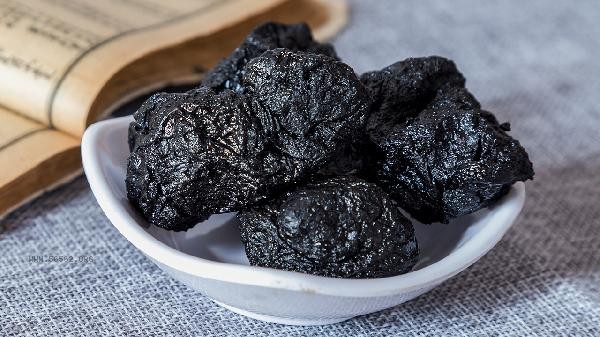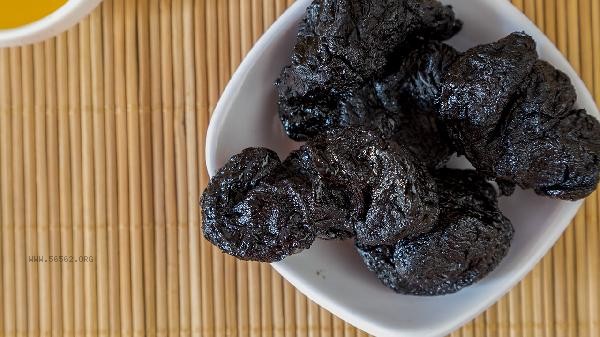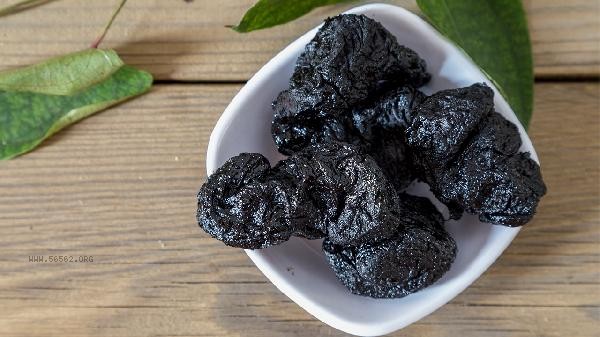Shu Di Huang is not suitable for people with yin deficiency and excessive fire, weak spleen and stomach, excessive phlegm and dampness, qi stagnation and excessive phlegm, and external wind and cold infections. Rehmannia glutinosa is a commonly used traditional Chinese medicine for nourishing the liver and kidneys, but it may worsen symptoms under biased constitution or specific pathological conditions.

1. Yin deficiency and fire excess
Yin deficiency and fire excess individuals have insufficient Yin fluid in their bodies and excessive deficiency and fire, often accompanied by hot flashes, night sweats, dry throat and mouth. Rehmannia glutinosa is warm in nature and sweet in taste. Although it can nourish yin, it may promote deficiency fire. If this type of population needs to nourish yin, they can choose to use raw Rehmannia glutinosa combined with heat clearing herbs such as Anemarrhena and Phellodendron amurense. The typical symptoms are red tongue with little coating and fine veins. Before use, it is necessary to undergo diagnosis and treatment by a traditional Chinese medicine practitioner.
2. Patients with spleen and stomach weakness
Patients with spleen and stomach weakness often have insufficient digestive function, such as loss of appetite and thin stools. Rehmannia glutinosa is rich in nutrients and can easily hinder the circulation of the spleen and stomach, leading to bloating and fullness in the epigastric region. It is recommended to combine herbs such as sand kernels and dried tangerine peel to regulate qi and invigorate the spleen, in order to reduce greasiness. Long term loose stools or indigestion should be used with caution, and if necessary, Liu Jun Zi Tang can be used to regulate the spleen and stomach first.
III. Those with excessive phlegm and dampness
Those with phlegm and dampness constitution often have thick and greasy tongue coating and heavy limb fatigue. The greasy characteristic of Rehmannia glutinosa may exacerbate phlegm and dampness stagnation. This type of population needs to first reduce phlegm and dampness, and can be treated with formulas such as Er Chen Tang and Wen Dan Tang. If there are symptoms such as coughing, excessive phlegm, and oily discharge from the head and face, the use of Rehmannia glutinosa alone should be avoided.

Fourth, those with qi stagnation and excessive phlegm
Those with qi stagnation and phlegm dampness often experience chest tightness and bloating, as well as phlegm sounds in the throat. The greasy nature of Rehmannia glutinosa may further block the qi flow and affect the discharge of phlegm and dampness. In clinical practice, it is common to use Qi promoting drugs such as Fructus Aurantii and Xiang Fu in combination, such as modified Chaihu Shugan San. Patients with acute bronchitis exacerbation or thick sputum should be especially cautious.
V. External wind cold patients
In the early stage of external wind cold, when there is chills, fever, nasal congestion, and runny nose, the nourishing properties of Rehmannia glutinosa may retain pathogenic obstacles and delay the recovery of the disease. We should consider using it after the certificate is released. If misused, it may lead to persistent body heat and persistent cough. In this case, Congchi Tang can be used to relieve external heat and dispel evil.

Before using Rehmannia glutinosa, it is recommended to have a traditional Chinese medicine practitioner identify the constitution and mix the corresponding medicinal herbs according to specific symptoms. Observe changes in tongue coating on a daily basis. If there is thick and greasy coating or bloating, discontinue use. When used in Tonic Diet, it can be matched with ginger, amomum villosum and other condiments to reduce the greasy taste. The single dose should not exceed 10 grams. Special groups such as pregnant women, children, and patients with chronic diseases must strictly follow medical advice and avoid taking large amounts of medication on their own for a long time.








Comments (0)
Leave a Comment
No comments yet
Be the first to share your thoughts!